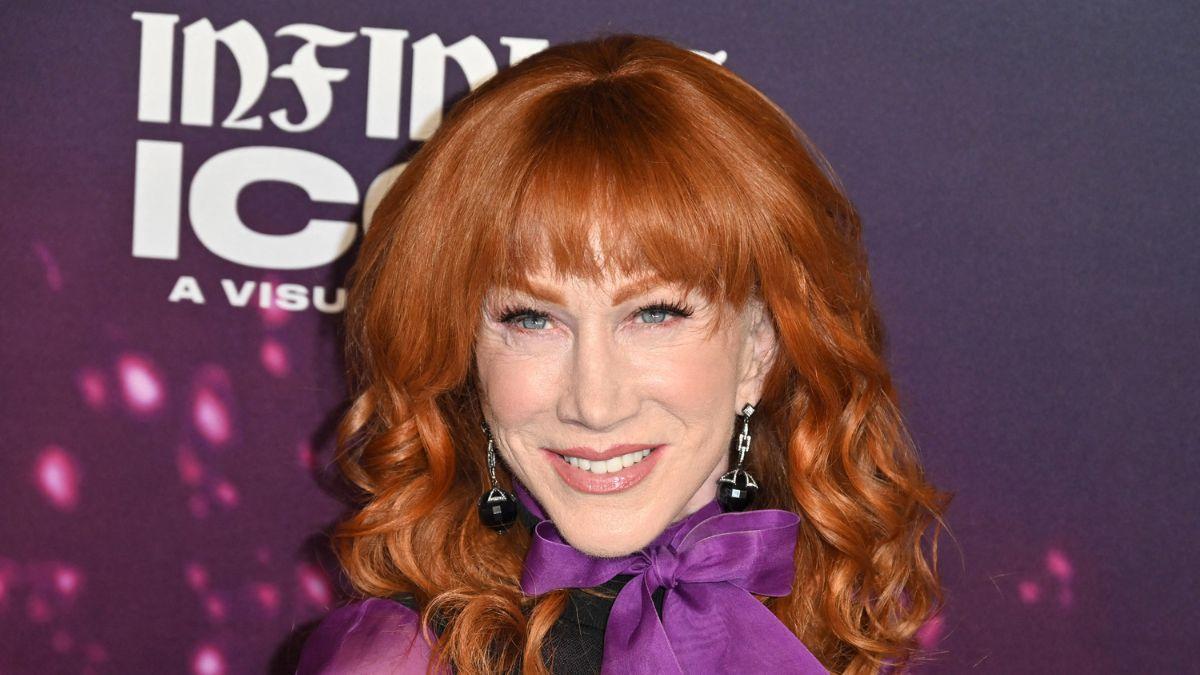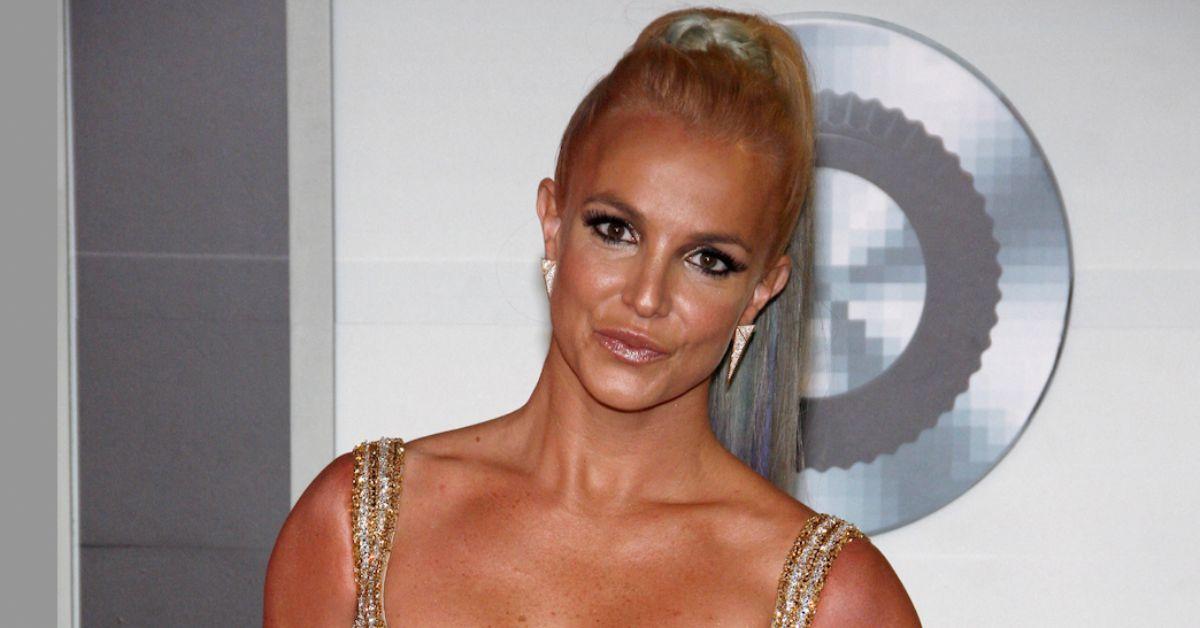Drake Sues Universal Music Group for Defamation Over Kendrick Lamar's 'Not Like Us' — Claims His Longtime Label 'Chose Corporate Greed Over The Safety and Well-Being of Its Artists'
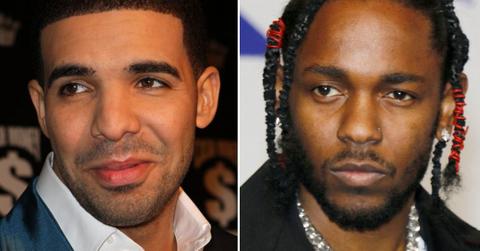
Drake and Lamar have been embroiled in a bitter and VERY public feud since 2023 – and it's showing no signs of ending.
Jan. 15 2025, Updated 2:41 p.m. ET
Drake is doubling down on his own record label.
RadarOnline.com can reveal the rapper filed a defamation lawsuit against Universal Music Group on Wednesday, claiming the label's involvement in Kendrick Lamar's diss track Not Like Us damaged his reputation.
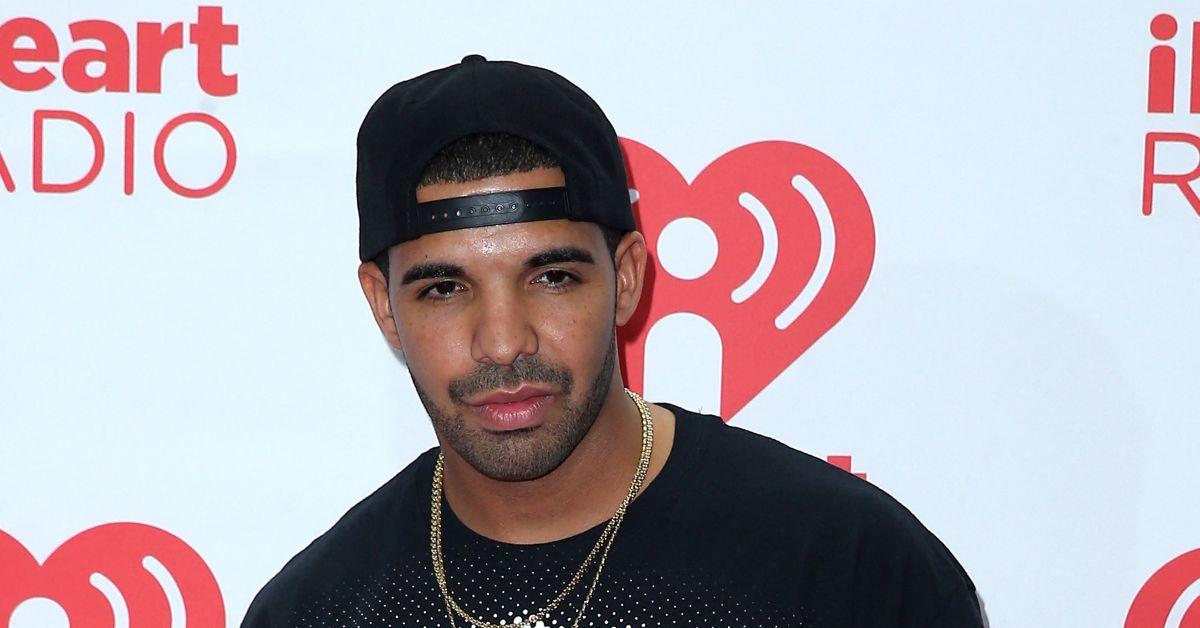
Lamar has been riding a wave of popularity amid his feud with Drake.
The filing comes one day after Drake, real name Aubrey Graham, withdrew his previous legal petition against Universal.
The God's Plan hitmaker sued UMG for defamation and harassment, claiming Lamar's brutal track spread the "false and malicious narrative" he is a pedophile.
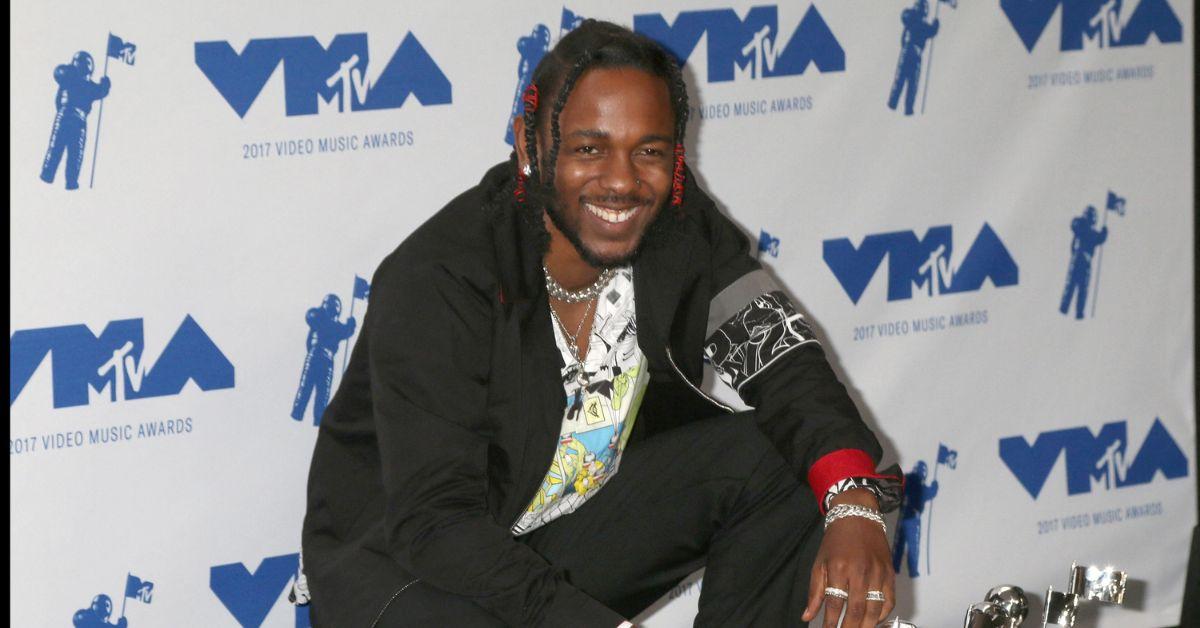
Lamar ramped up his feud with Drake by inviting Williams and SZA on stage for his Super Bowl halftime show.
In the legal documents, Drake asserted Universal was aware that the lyrics and imagery in Lamar's music video were both false and harmful – yet chose "corporate greed over the safety and well-being of its artists."
The filing further said in the midst of the controversy, UMG "saw an opportunity, seized it, and continued to fan the flames."
The suit claimed Universal "approved, published, and launched a campaign to create a viral hit out of a rap track" that was "intended to convey the specific, unmistakable, and false factual allegation that Drake is a criminal pedophile, and to suggest that the public should resort to vigilante justice in response."
While the song – nominated for five Grammys – was at the center of the case, Drake emphasized UMG was the one to blame, not Lamar.

Drake's Toronto mansion was allegedly the target of two separate trespassing incidents this week.
The suit, filed in the U.S. District Court for the Southern District of New York, read: "This lawsuit is not about the artist who created Not Like Us.
"It is, instead, entirely about UMG, the music company that decided to publish, promote, exploit, and monetize allegations that it understood were not only false, but dangerous."
The lawsuit also highlighted the Not Like Us single's cover art, which featured a photo of Drake's Toronto home marked with symbols typically used to indicate registered sex offenders.
It recounted a shooting incident at the property shortly after the song's release, in which a security guard was injured, followed by two attempted break-ins.
This event temporarily cooled tensions between Drake and Lamar, who had been feuding, although Lamar later referenced the incident in his album GNX.
Drake first filed legal actions against Universal, Spotify, and later iHeartMedia after the release of Lamar's album.
The lawsuit against Universal and Spotify was withdrawn, but a hearing for the iHeartMedia case is set for later this month.
The suit claimed Drake tried to resolve his issues privately with UMG before taking legal action.
He believed the label's leadership should be held accountable, but UMG reportedly warned him that pursuing a lawsuit would lead to public humiliation.

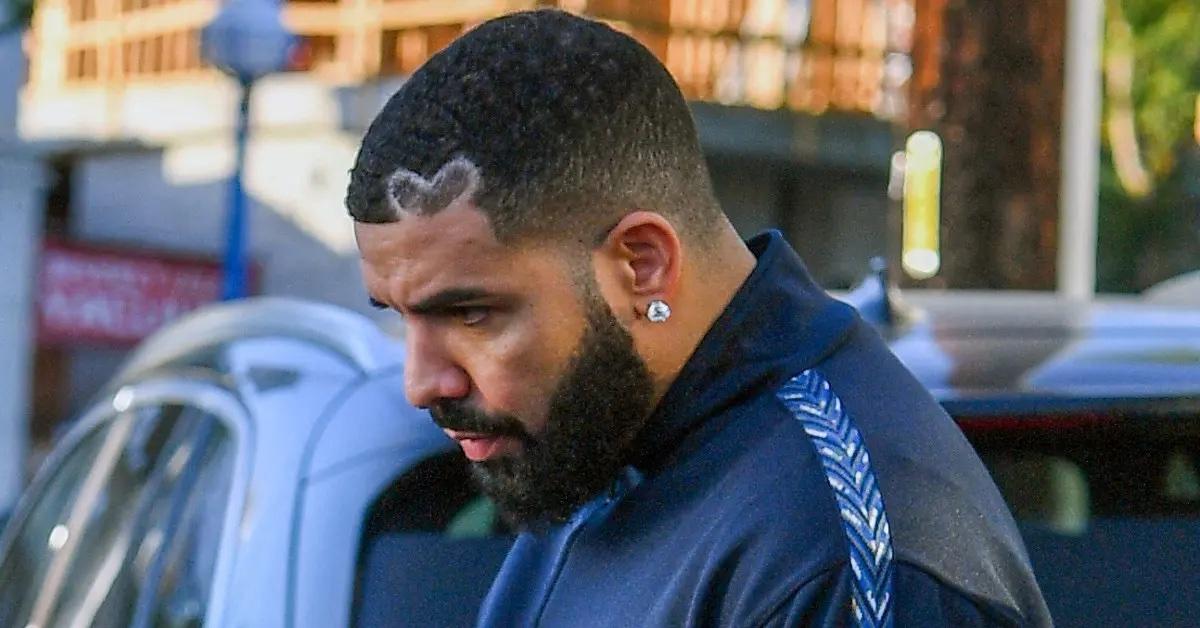
Drake's team are cooperating with authorities as they continue their investigation.
Universal has not yet responded to the latest lawsuit but previously denied Drake's accusations and emphasized its ethical practices in marketing and promotion.
The label wrote in a statement: "The suggestion that UMG would do anything to undermine any of its artists is offensive and untrue.
"We employ the highest ethical practices in our marketing and promotional campaigns. No amount of contrived and absurd legal arguments in this pre-action submission can mask the fact that fans choose the music they want to hear."
The suit also reiterated that Drake has never been involved in any criminal activities, including having sexual relations with a minor.


